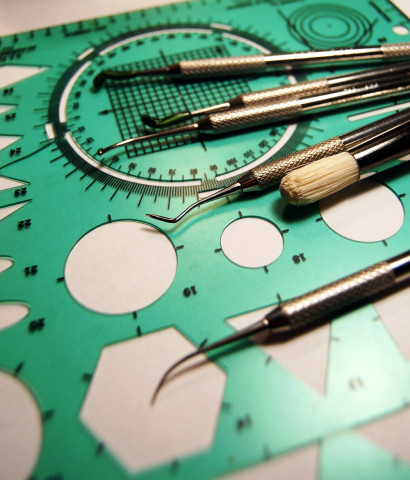Hazardous elements: Dentists urged to curb use of mercury-based dental amalgams
As signatory of Minamata Convention, Pakistan should devise regulations on use of mercury, say experts.

“Mercury is considered to be a dangerous metal,” EPA K-P Director General Dr Muhammad Bashir Khan said. PHOTO: FILE
Students of dentistry should be taught the environmental impact of using mercury-based dental amalgams as part of their curriculum, experts at a conference said on Wednesday.
The conference was organised at the Wildlife Office Hall by the Khyber-Pakhtunkhwa Environment Protection Agency (EPA) and Sustainable Development and Policy Institute (SDPI). It was aimed at devising a set of rules to curb the use of such dental amalgams.
According to participants, dental amalgams contain over 30% of mercury, posing a direct threat to human health and the environment when not properly disposed of.
“Mercury is considered to be a dangerous metal,” EPA K-P Director General Dr Muhammad Bashir Khan said. “As a signatory of the Minamata Convention on Mercury signed in 2013, Pakistan must devise regulations in this regard.”
According to Khan, Pakistan has signed this convention as it is a matter of grave concern.
“The purpose is to protect the natural environment by 2020,” he said.
However, the province is not in a position to impose a ban on mercury-based dental amalgams as dentists have very few alternatives available.
During the conference, SDPI senior adviser on chemicals Dr Mahmood A Khwaja presented his research conducted on dental clinics and hospitals around the world.
“The highest mercury levels have been recorded at general hospitals and private clinics,” he said. “However, only 33% of medical professionals in the country have any awareness about this issue.”
Khwaja emphasised the need to teach students of dentistry the risk of using mercury-based dental amalgams to raise awareness. “We need to take an initiative to devise a policy to tackle this environmental problem even though there is a strong likelihood it will not be implemented,” he added.
“As a country, we are not enthusiastic about environmental issues,” said Dr Muhammad Nisar, an organic chemist and lecturer at the University of Peshawar. “However, this issue should be prioritised as dentists do not take necessary precautions when using mercury-based dental amalgams.”
Published in The Express Tribune, February 26th, 2015.













COMMENTS
Comments are moderated and generally will be posted if they are on-topic and not abusive.
For more information, please see our Comments FAQ